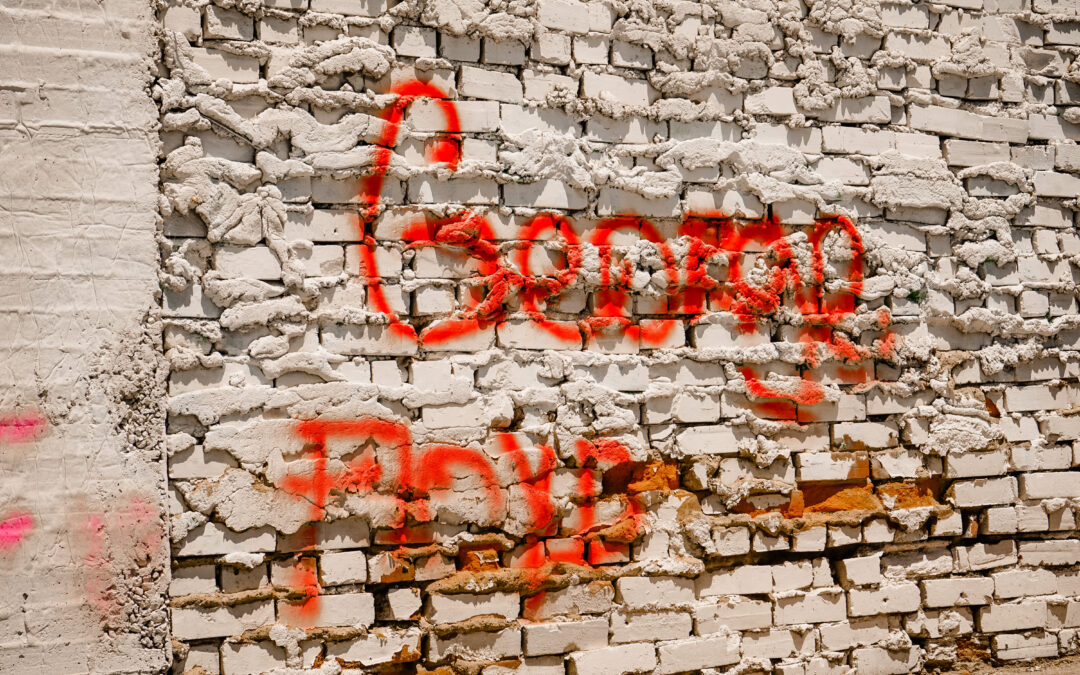On May 25, 2020, George Floyd was murdered by police officer Derek Chauvin while being arrested.
The video of the crime, which showed Chauvin kneeling on Floyd’s neck for nine minutes and 29 seconds, spread across the country and caused a pivotal moment for social justice around the world. Countless protests were organized during the summer and beyond to call for justice for Black lives. As his young daughter said at a protest, Floyd “changed the world.”
Although Floyd’s murder was witnessed by millions, the actual conviction of Chauvin took 330 days.
The jury deliberated for 10 hours over two days.
On Tuesday, April 20 at 4:05 CT, Chauvin was found guilty on all three charges: second-degree unintentional murder, third-degree murder, and second-degree manslaughter.
George Floyd’s brother, Rodney Floyd, pointed out that, “No family in history ever got this far… this is for everybody that has been in this situation.”
Amidst the celebration of accountability and the solemn recognition of the work still left to be done, Lipscomb students shared their reactions.
Nina Adams, a senior Spanish major, said, “In May of 2020 I was horrified by Derek Chauvin’s actions. I honestly could not imagine why some would deem it necessary to kneel on another living being’s neck till they passed. When I heard the news of Chauvin‘s verdict, I honestly had mixed emotions. Although I am over the moon that the justice system finally put Chauvin on trial, I believe there’s still a lot of work to be done and major changes. There are cops out there just like Chauvin who are getting away with their actions.”
Junior nursing major Selam Eyob was also pessimistic, “I’m honestly disappointed in society because it took them this long to arrest a man who we saw kill someone on video. Like it’s crazy. I’m just disappointed in humanity.”
Tyanna Trigg, a senior philosophy major, told her thoughts. “I was very glad that he was found guilty on all charges. I was worried about the verdict because similar trials previously had always been not guilty or somehow they got off, especially such as the most recent case of Breonna Taylor. It seemed like nothing was going to change or make progress. So, to see that verdict was surreal. It was good, and it also gave me hope that we can make some more progress in the future. It has been such a fight, this whole past year, in addition to all the most recent hate crimes and mass shootings, one after another, so to see some kind of light and hope with all this tragedy makes me want to keep on hoping, hoping that it will change for the next generation.”
Jayla Fisher, a junior biochem major, also felt optimistic: “I will admit that I didn’t watch much of the trial, but I am happy that the jury made the verdict of Chauvin being guilty. It shows that the efforts of George Floyd’s family, friends, and Black Lives Matter activists were successful in appealing to the jury’s humanity in helping them realize, if they hadn’t already, that the actions Chauvin took were brutal and unnecessary. It is because of the jury’s verdict that justice was finally served for George Floyd.”
Senior theology major Brenna Wolfe summed up many people’s feelings: “I am overwhelmed with the verdict of the Derek Chauvin murder trial. In some ways, it feels hopeful. It feels like the justice system is actually doing what it was built to do. However, George Floyd is dead. He was publicly and brutally murdered at the hands of Derek Chauvin. The verdict of this trial is not a win, because nothing can make up for the loss of Floyd’s life. As many honorable BIPOC leaders have publicly stated, this falls short of justice, because justice is a restorative action – this is simply accountability for Chauvin’s actions. How could we call this trial an act of justice when Floyd’s murder was a shockingly brutal display of an inherently, systemically racist system? How foolish would we be to celebrate this outcome when we would be celebrating a deeply racist, inherently biased, broken system? We can’t even talk about this trial without remembering the heartbreaking ‘not guilty’ verdict of Breonna Taylor’s murderer after her fatal shooting in Lexington, KY. It is hard to feel joy here without remembering the loss in the ‘not guilty’ verdict in Ferguson, MO following the tragic shooting of Michael Brown. These names remind us of Trayvon Martin, Philandro Castile, Tamir Rice, Alton Sterling – the list goes on, and on, and on.”
Wolfe added, “This verdict is a landmark for hope. The hope that things will change. But with the news of a new mass shooting overlapping a police mistaking a gun for a taser interrupting a murder trial, it feels more appropriate to reflect on what we have lost and find the strength to get up and keep fighting so this never happens again. And it will happen again until we learn to listen to the people crying for justice who are dealing with generational wounds that are deeply ingrained in the identity of this racist country and, simply – we must defund and dismantle the current policing system.”
Derek Chauvin will be sentenced in roughly 8 weeks, but the raw emotions and fight for justice in the US will wage on long after that.
Photo via Mckenzi Harris

